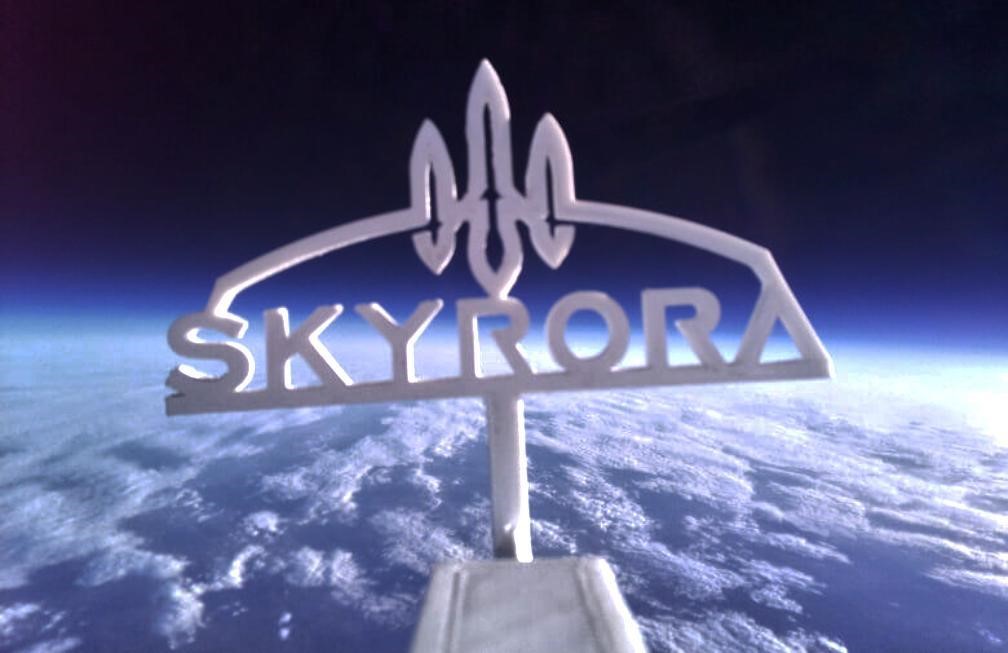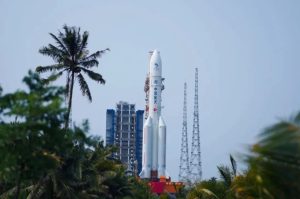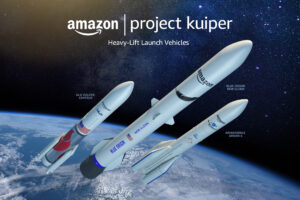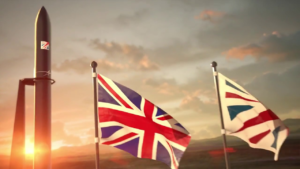Skyrora First Launch Lands Off Iceland
19th Oct 2022
Leading British rocket firm Skyrora saw their first attempt to get to space end quickly. After lift-off, the rocket fell into the sea.
The failed Skyrora Skylark L flight
The company, which is headquartered in Edinburgh, was hoping to get its Skylark L vehicle above 100 km in a flight from Iceland’s Langanes peninsula.
The flight was an early opportunity to test procedures and systems. Skylark L is a hydrogen peroxide and kerosene-fuelled sounding rocket. It has been created to provide specific payloads with a few minutes of weightlessness. In this short span which experiments in the payloads can be carried out. The rocket is not built to go fast enough or high enough to put a payload into orbit. However, the payloads are supposed to reach orbital altitudes.
This 23m vehicle has 3D-printed engines that have been undergoing static fire tests. The company is determined to carry out a debut mission next year.
However, a technical issue meant that the 11m-long rocket fell back into the waters, at a distance of no more than 500 m from where it launched.
The CEO and founder of Skyrora, Volodymyr Levykin, said the following:
“While this launch attempt did not go entirely as we expected, it has nevertheless been a valuable learning opportunity – and a huge victory for this new relationship between Iceland and the UK, as well as the European space sector more broadly.”
Orbital launches from Scotland in 2023
Skyrora has hoping to begin orbital launches from Scotland the following year. These flights will happen from the Saxavord Spaceport, which is currently being constructed on Shetland. They will use the Skyrora XL, which is a much larger, three-stage vehicle.
“Based on what we have achieved here, we remain confident of achieving our objective of a full vertical orbital launch from UK soil in 2023,” added Volodymyr Levykin.







Thank you for your comment! It will be visible on the site after moderation.